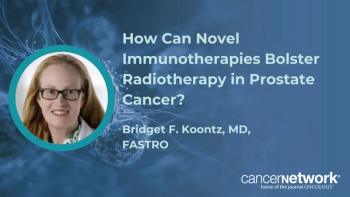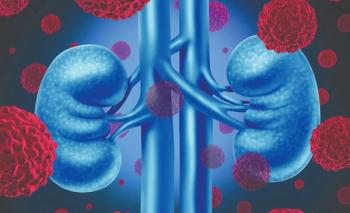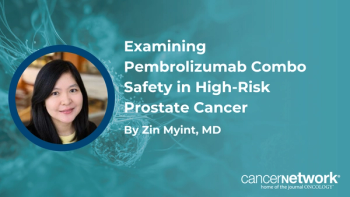
Tanios Bekaii-Saab, MD, on the Past Year in Gastrointestinal Cancer Research
The medical oncologist at the Mayo Clinic in Phoenix, spoke about the progress seen in gastrointestinal cancer research in 2020, as well as what improvements he hopes will occur in 2021.
Though this year brought many challenges, including navigating the coronavirus disease 2019 (COVID-19) pandemic, advancements in gastrointestinal cancer research still persisted.
In April, during the height of the COVID-19 pandemic, the FDA approved
In an interview with CancerNetwork®, Tanios Bekaii-Saab,MD, a medical oncologist at the Mayo Clinic in Phoenix, Arizona, discussed the advancements made in gastrointestinal cancer in 2020, as well as what improvements he hopes will occur in 2021.
This segment comes from the CancerNetwork® portion of the MJH Life Sciences Medical World News, airing daily on all MJH Life Sciences channels.
Newsletter
Stay up to date on recent advances in the multidisciplinary approach to cancer.















































